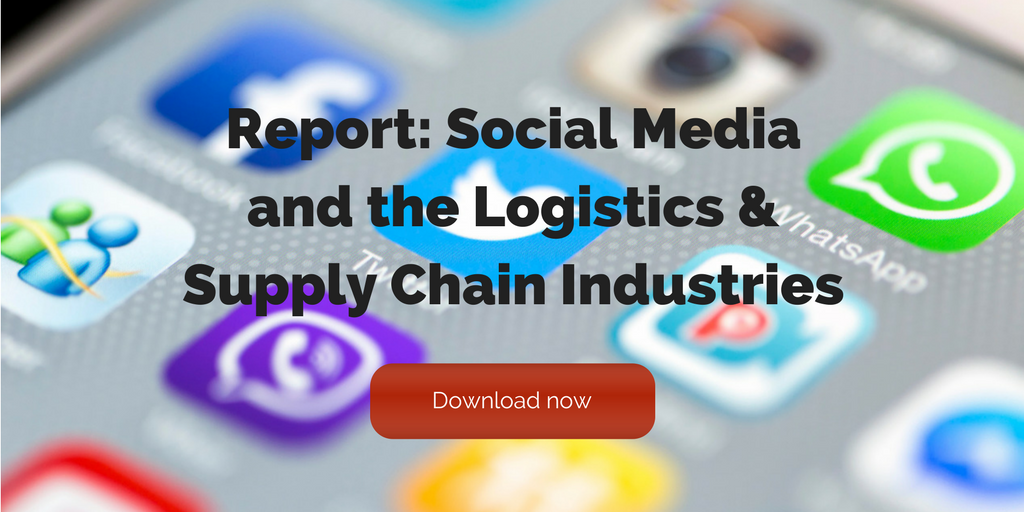Investing in your employees through wages, time and energy can have a big impact on your company’s productivity.
Successful companies understand that employees’ job satisfaction and engagement affect productivity. After all, employees are an extension of your business. Keeping them challenged and encouraged is key to their success, as well as the overall success of your company. In research for their book, Time, Talent, and Energy, Bain partners Michael Mankins and Eric Garton discovered that investing in your employees does, in fact, pay off for companies. “The top-quartile companies in our study unlocked 40% more productive power in their workforce through better practices in time, talent and energy management,” says Garton.
Here are the 3 investments that Mankins and Garton found most impactful to productivity.
3 investments that will invigorate productivity
1) Wages
Three economists studied OECD data representative of the whole population of businesses in 16 countries around the world. They found that firms paying higher wages were reporting higher productivity. The link between the two seems pretty basic: Pay workers higher wages and they will feel valued and be more productive at their jobs.
But many companies believe that higher wages come at the cost of their consumers. This doesn’t have to be the case. Dan Teran, chief executive of Managed by Q, is a thought leader in higher wages creating a culture of respect and productivity.
“Teran believes that most American businesses, and especially fast-growing start-ups like Uber, have mistaken short-term gains for long-term value, undercutting the share of revenue that flows to workers in a way that will perversely hurt their bottom line. He believes, even more radically, that decades of rising inequality and stagnant wages in America are not an inevitable byproduct of capitalism; instead, they come from a simple misunderstanding about how best to deploy workers and recognize the value they bring to a company.” Managed by Q’s ‘Good Job’ Gamble, Adam Davidson
From small businesses like Managed by Q to retail giants like Walmart, the ideology behind better wages and benefits is catching on. Companies are understanding the relationship between production and pay and trying to narrow the gap.
2) Time
The pressure of working long hours and being available around the clock has a lasting effect on employees. Such practices often lead to burnt out, overworked team members. In fact new research suggests that, on average, managers have fewer than 7 hours per week of uninterrupted time to do deep work. Their days are filled with meetings, responding to emails, and having short increments of time to complete tasks.
The average company loses more than 25% of its productive power to organizational drag, processes that waste time and prevent people from getting things done. Meetings that last too long and processes that move too slowly contribute to lower productivity, less quality work, and low employee morale.
Allowing employees the time to feel creative and focused on their projects will lead to breakthroughs in productivity. Try establishing quiet hours for certain times of the day to encourage workers to spend more uninterrupted time deep thinking, which can lead to innovative and fresh ideas.
3) Energy
An inspired employee is more than twice as productive as a satisfied employee and more than three times as productive as a dissatisfied employee. Yet, only one in eight employees are inspired. One of the most beneficial things a company can do is to inspire its employees. Engaged working environments and positions that allow creative and innovative thought will lead to increased employee engagement and productivity.
Companies like Apple, Netflix, Google and Dell are 40% more productive than the average company. Why is that, you ask? These companies invest in inspiring their employees.
“Inspirational leadership can be taught. Companies that recognize that and invest in making it happen create meaningful impact on the productivity of their company,” says Mankins. Studies have shown that employees that feel satisfied with their jobs are more productive.
Give your employees the autonomy to feel engaged in their work. This freedom will give them the opportunity to get creative and involved in their projects.
The opportunity exists for all employers to positively affect worker happiness while simultaneously increasing productivity. If your company is interested in exploring the benefits of investing in their employees, focusing on wages, time and energy is a good place to start. You might be surprised to find currently untapped financial gains just by putting investment in your employees at the top of your priority list.
Related posts:
- Why Allowing Your Employees to Work From Home Can Make You Both Happy
- Employee Brand Ambassadors Can Influence B2B Buying Decisions
- Your Best Marketing Secret: Employees as Brand Ambassadors


